COP28 (Dubai), December 3, 2023: The World Bank has warned of catastrophic risks of climate change as a new data compiled by the international body showed that a warmer climate could lead to at least 21 million additional deaths by 2050.
Further, the international financial institution that provides loans and grants to the governments of low- and middle-income countries, also estimates that by 2030 the impacts of climate change on health will force 44 million more people into extreme poverty.
The New World Bank data shows that a warmer climate could lead to at least 21 million additional deaths by 2050 from just five health risks: extreme heat, stunting, diarrhea, malaria, and dengue.
The World Bank suggested that preventing these deaths requires immediate action to reinforce health systems, particularly in climate-vulnerable countries, predominantly in sub-Saharan Africa and South Asia.
The World Bank also estimates that by 2030 the impacts of climate change on health will force 44 million more people into extreme poverty.
“Climate change amplifies health risks, creating a cycle of ill health and poverty with far-reaching consequences for human capital development,” said Mamta Murthi, Vice President for Human Development at the World Bank.
Responding to the rising negative health impacts of climate change in low- and middle-income countries, the World Bank has also announced at COP28 a new Climate and Health Program.
Through this program, the World Bank will help countries to assess their climate and health vulnerabilities, increase investments in climate-resilient health systems, and work with partners to mobilize additional financing, evidence, and collective action to reduce the impacts of climate change on people’s health and livelihoods.
“Through the Climate and Health Program, the World Bank will use its knowledge and financing to help countries address health risks stemming from climate change, work across related sectors, and bring together partners to maximize financing and harmonize investments and actions,” said Ms Murthi.
The Climate and Health Program will include generating evidence on the most cost-effective interventions to tackle the climate and health crisis; increasing financing for solutions that can build sustainable and resilient health systems in client countries; and build strong partnerships to amplify impact. Specifically, the program will:
- Create evidence and knowledge to identify country needs and inform investments. This includes systematically assessing climate-related health vulnerabilities in developing countries, focusing on the impacts on lives, livelihoods, and economies and identifying country-specific ‘best buys’ for climate and health.
- Invest in solutions that are country-tailored and evidence-based and scale-up investments for low-carbon resilient health systems through the Bank’s $34 billion health portfolio which is already active in over 100 countries. Investments will focus on better surveillance and early warning systems, improving health service delivery in the face of climate-driven disease patterns, climate-proofing health facilities, and strengthening health worker capacity.
- Work in partnership with the World Health Organization, Gavi, The Global Fund, foundations, and others to maximize impact by supporting global, regional, and country efforts to scale up climate-health action.
As part of this program, the World Bank is co-convening a Development Bank Working Group for Climate-Health Finance with participation from multilateral and public development banks to align and maximize climate and health investments. The World Bank also works in partnership with the World Health Organization, Gavi and the Global Fund, foundations, and others to scale up climate and health action.




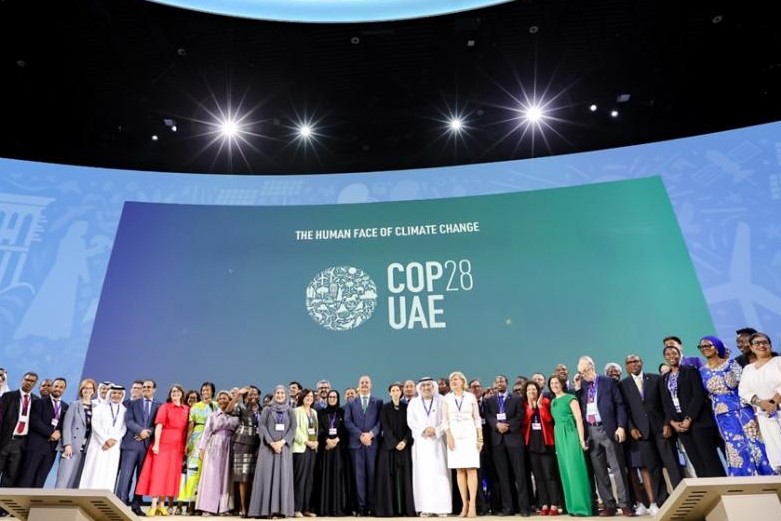
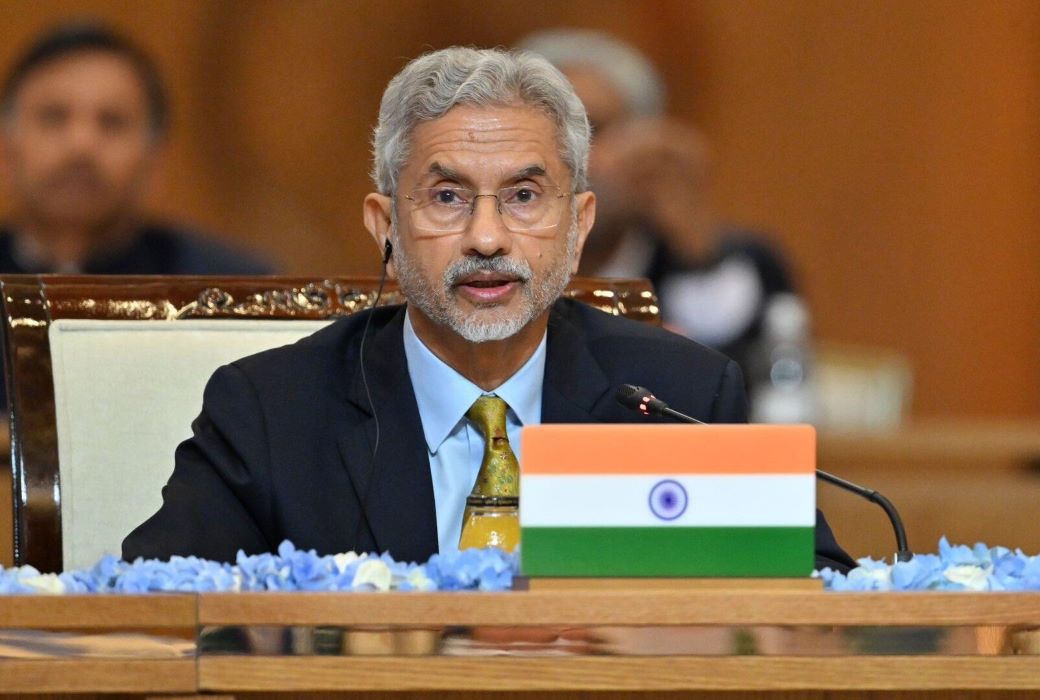
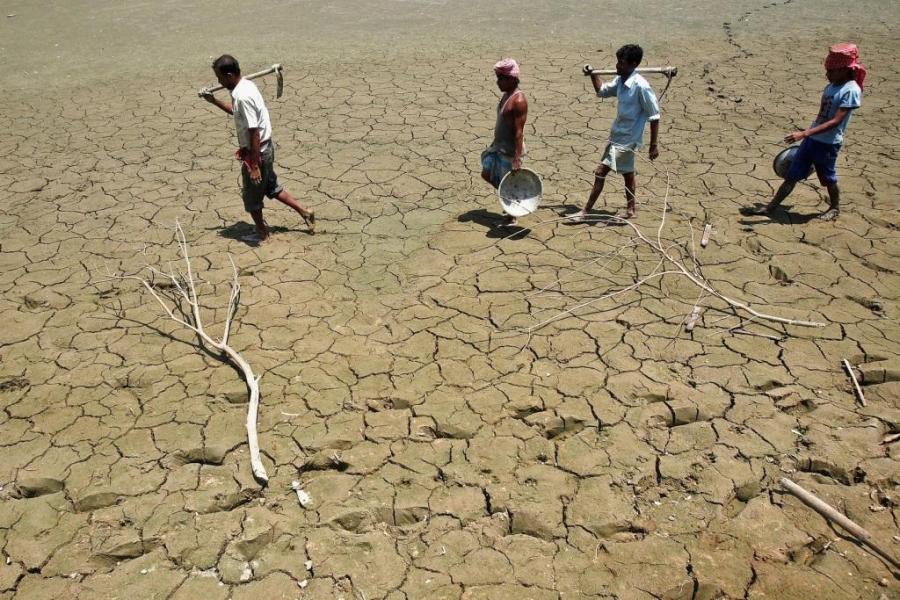
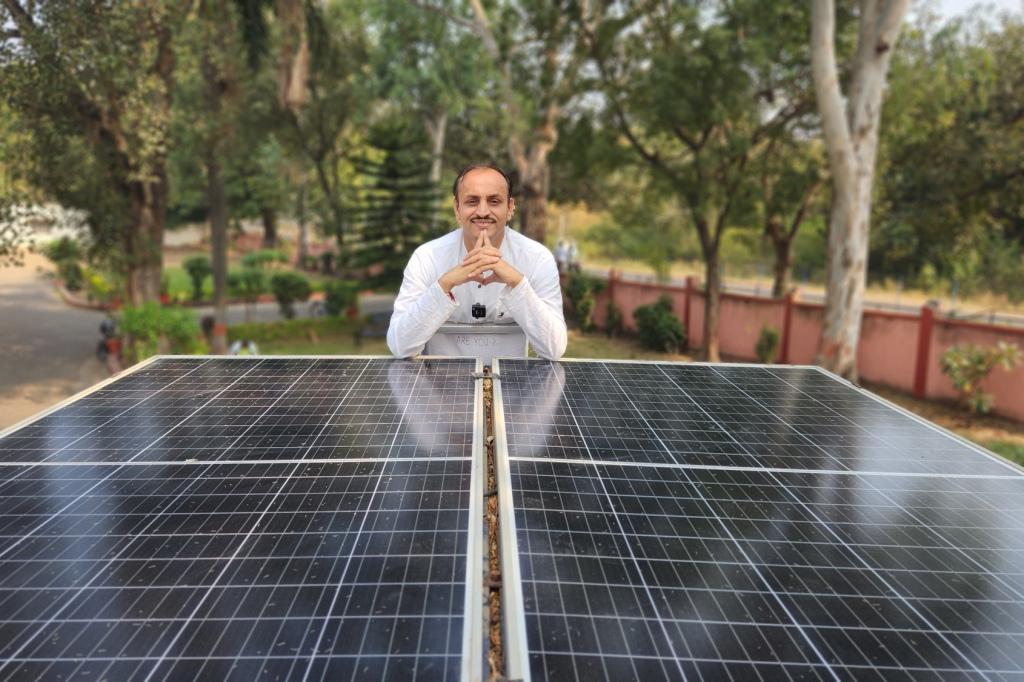

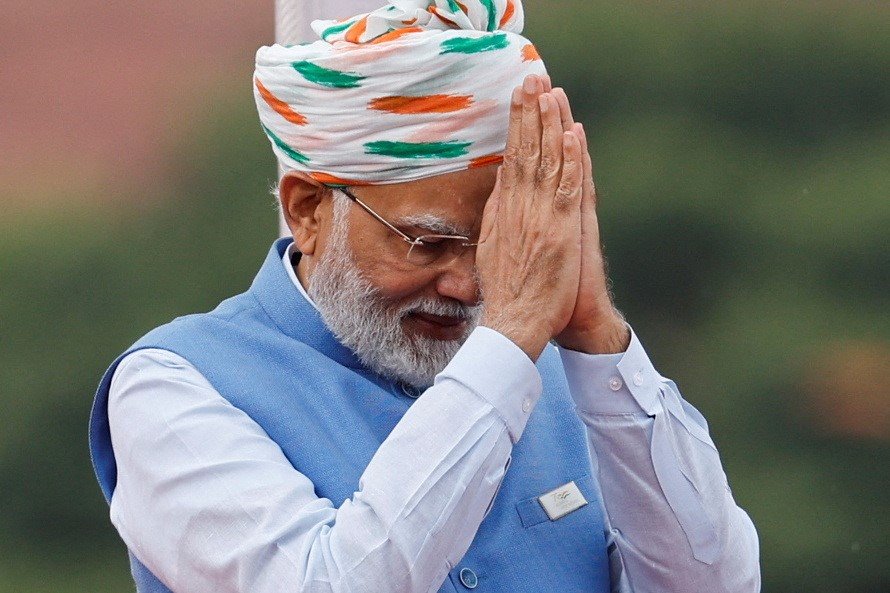




.jpg)
.jpeg)

.jpg)




